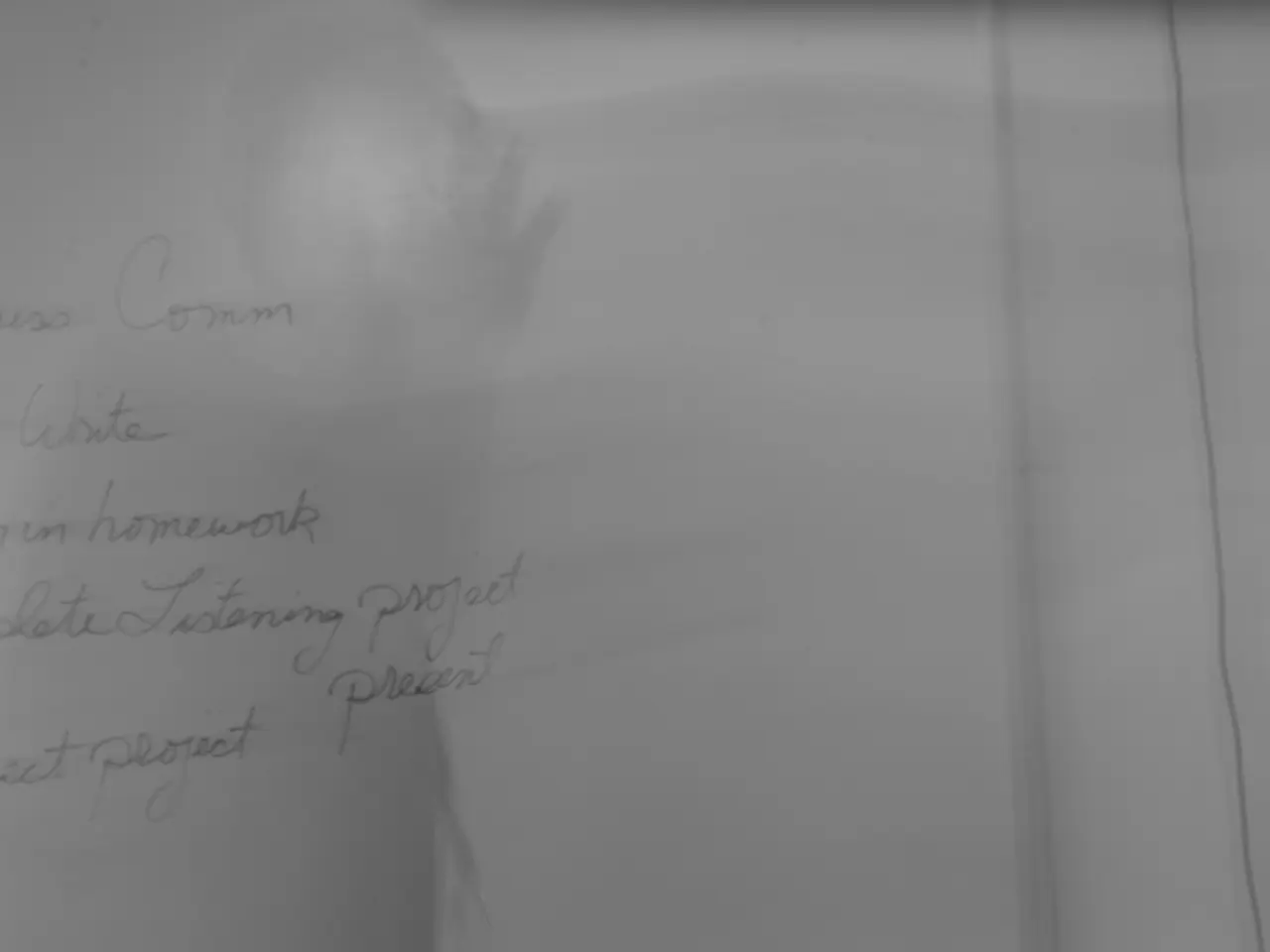EU's Digital Markets Act Faces Crucial Debate on Fines and Deadlines
This week marks a significant turning point in the EU's digital economy regulation with the Digital Markets Act (DMA). The European Parliament's IMCO committee is currently debating crucial amendments that could shape the DMA's future.
Several amendments, including 526, 523, 525, 527, and 528, propose unrealistically tight deadlines for companies to assess their gatekeeper status, ranging from 10 days to 2 months. Meanwhile, amendments 1099 and 1007 suggest hiking DMA fines to a maximum of 30 percent of a company's global turnover.
Other amendments, such as 889, 901, and 910, aim to strip away adjustment mechanisms and safeguards, potentially leading to disproportionate effects and legal challenges. However, amendment 861 introduces a regulatory dialogue between the Commission and designated gatekeepers, aiming for effective compliance.
Experts in digital competition policy have expressed concerns about increasing fines without clear evidence of harm or relation to European activities. They worry this could lead to overcompliance and degradation of core platform services. Additionally, amendments 579, 580, 573, 578, 581, and 582 propose similarly short compliance deadlines, ranging from 2 to 4 months.
The IMCO committee's ongoing discussions will significantly influence the DMA's final form. Striking a balance between swift action and practicality will be key to creating a regulation that is fit for the digital age and addresses experts' concerns.
Read also:
- Orioles' 2025 Turnaround Powered by Late-Season Pitching Acquisitions
- The Cost of Speech is Zero, True Strength Lies in Unity
- Beginning a Food Truck Venture: Crucial Stages to Achieve Profitability
- Aiming to simplify the move towards cleaner automobiles, the newly established ministry plans to take direct action with Pannier-Runacher, Létard, and Vautrin at the helm.




